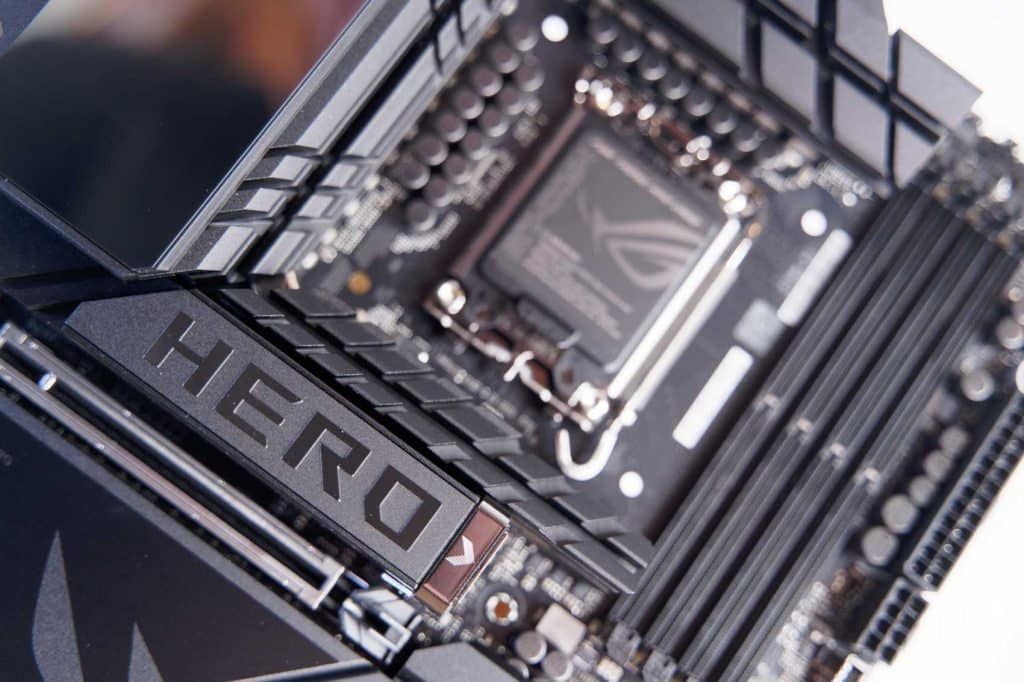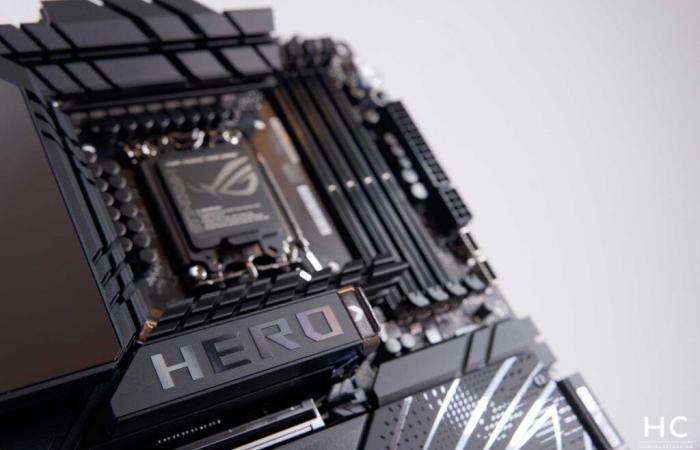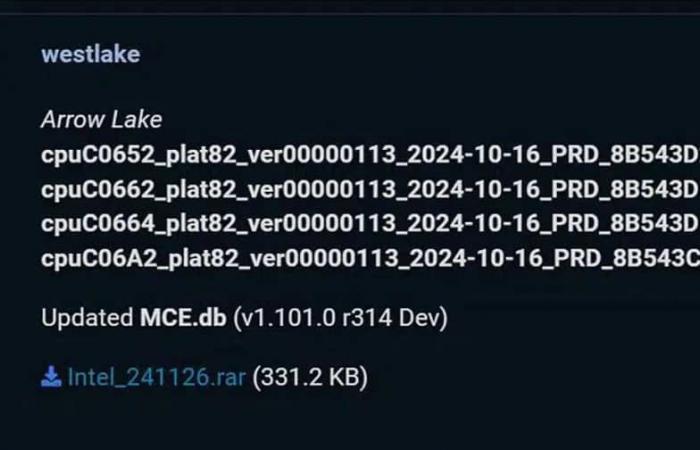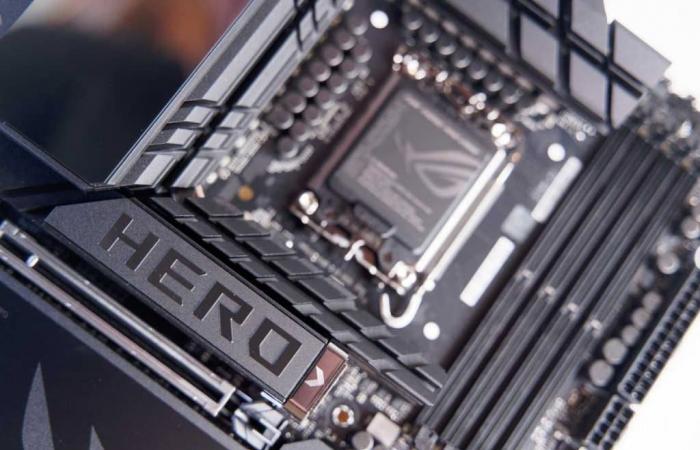ASUS, the world's leading motherboard manufacturer, recently rolled out a series of BIOS updates incorporating the latest microcodes for both Intel and AMD cards. However, these updates, which aim to optimize performance and improve stability, were not unanimous. On the forums, users express their frustrations with recurring problems, particularly with processors Intel Core Ultra 200S et AMD Ryzen 7000especially the Ryzen 7 9800X3D.
Mixed performance gains for Intel processors
On motherboards ASUS Z890 compatible with Intel Core Ultra 200S processors, microcode introduction 113h provoked varied reactions. If ASUS announced notable performance gains, the reality seems more nuanced.
- Increased memory latency : Some users report a 2 nanosecond increase in memory latency. Although this remains within the margin of error, these results were seen as a step backwards by users.
- Improved stability : the new microcode fixes issues related to software like HWiNFO which sometimes caused crashes. However, these fixes do not bring measurable gains on the benchmarks.
- Preferred firmware : For many, the version 10D remains the benchmark in terms of performance, although it is considered less stable than its successors.
These returns raise a crucial question: where does responsibility for the problems lie? Should we blame ASUS for its motherboards, Intel for its microcode, or both?


AMD Ryzen 7000: a persistent problem with TRCD
On the AMD side, updating to the microcode AGESA ComboAM5 1.2.0.2b failed to correct a recurring problem: the malfunction of the TRCD (Row to Column Delay), a crucial parameter for memory management.
On motherboards X870this problem persists, accompanied by new inconveniences:
- Difficulties starting : several users report multiple reboots before reaching Windows, or the disappearance of the startup disk.
- Incompatibility with EXPO : Activation sometimes results in instabilities, long startup times, or even crashes.
- Return to unstable hibernation : After hibernation, some systems become unstable, causing stuttering in games or other annoyances.
These issues affect various motherboard and processor models, whether X3D, Ryzen 7000 or even Ryzen 9000 models, making it difficult to pinpoint a single culprit.
Shared responsibility or generalized dysfunctions?
The frustrations expressed on the forums illustrate a complex reality: motherboard manufacturers like ASUS and processor designers like Intel and AMD are interconnected in the update process.
- ASUS : if the brand is responsible for the implementation of the microcodes, it is also subject to the limitations or defects inherent in the codes provided by Intel and AMD.
- Intel and AMD : as suppliers of microcodes, these companies must guarantee their stability and compatibility with existing platforms.
In the absence of a clear consensus, some users are considering returning their motherboards, while others are hoping for quick fixes via future updates.
An industry under pressure
These dysfunctions highlight the growing challenges facing manufacturers in an increasingly complex technological environment. Users expect fast and reliable solutions, especially given the constantly increasing prices at which the products are sold.








